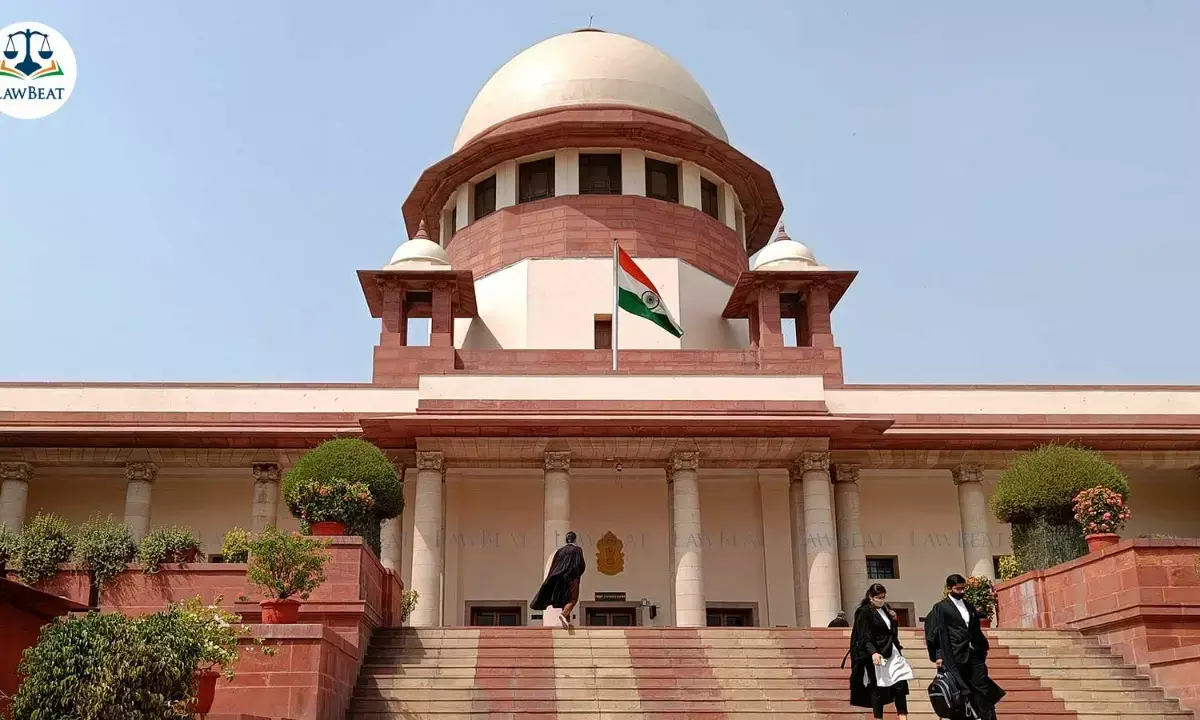Supreme Court clarifies scope of Section 276C(1) IT Act: Wilful tax evasion must be proved, quashes prosecution in settlement case

Supreme Court clarifies Section 276C(1) of the Income Tax Act applies only to wilful attempts at tax evasion and quashes prosecution in settlement case.
The Supreme Court on August 28, 2025 held that Section 276C(1) of the Income Tax Act is intended to deter and penalize wilful and deliberate attempts by an assessee to evade taxes, penalties and interest prior to their imposition or charging. A bench of Justices J K Maheshwari and Vijay Bishnoi said that the provision applies where there is a conscious and intentional effort to evade liability, distinguishing such conduct from bona fide errors or interpretational differences.
The Court was hearing an appeal filed by Vijay Krishnaswami alias Krishnaswami Vijaykumar, who had faced prosecution under Section 276C(1). The bench quashed the prosecution and imposed costs of two lakh rupees payable to the appellant. The Court held that the prosecution had been launched contrary to the proviso to Section 245H(1) and in defiance of the binding Central Board of Direct Taxes circular dated April 24, 2008.
The Court noted that despite the Settlement Commission having passed an order on November 26, 2019, the Revenue persisted in continuing the prosecution. The bench said such action could not be justified as the authorities failed to take into account their own circulars and procedural requirements. The Court observed, “Such an act cannot be construed in the right perspective and the Revenue have acted in blatant disregard to binding statutory instructions. Such wilful non-compliance of their own directives reflects a serious lapse, and undermines the principles of fairness, consistency, and accountability, which in any manner cannot be treated to be justified or lawful.”
In the settlement proceedings, the assessee had disclosed all material facts relating to computation of additional income. The Commission found that the additional income did not arise from suppression of facts and did not disclose variance in the manner of earning. Immunity from penalty under the Income Tax Act was accordingly granted under Section 245H. Referring to Section 245-I, the Supreme Court pointed out that every settlement order is conclusive as to matters covered by it and cannot be reopened in any proceeding under the Act or other laws, except as otherwise provided.
The bench held, “Once such an order was passed, it was incumbent upon the authorities to inform the High Court that continuation of the prosecution would amount to an abuse of the process of law, in particular when the Settlement Commission did not record any finding of wilful evasion of tax by the appellant.” The Court also said the High Court failed in its duty to assess whether continuation of prosecution served any meaningful purpose given the factual and legal position.
The appellant had faced proceedings before the Additional Chief Metropolitan Magistrate, Egmore, Chennai, after a search in April 2016 under Section 132 led to seizure of unaccounted cash of Rs 4.93 crore. The Madras High Court had dismissed his petition to quash the case, leading to the appeal before the Supreme Court.
The appellant contended that his undisclosed income as determined by the Settlement Commission was Rs 61.5 lakh, leading to tax liability below Rs 25 lakh. Prosecution without approval of the Collegium was therefore incompetent as per departmental guidelines. His counsel argued that continuation of prosecution despite immunity from penalty granted by the Commission was a gross abuse of process. The Revenue contended that prosecution initiated before filing of a settlement application is saved from immunity and can continue.
The Court examined Section 276C(1) and held that the offence lies in wilful attempts to evade liability, not in actual evasion itself. It emphasized that mens rea must be proved. Subsection (1)(a) creates a bar where a person cannot be prosecuted under Section 276C if penalty for the relevant year has been reduced or waived. The Court explained that Section 245H empowers the Settlement Commission to grant immunity from penalty and prosecution, while its provisos limit this power in specific circumstances.
The bench clarified, “At the same time, we cannot lose sight that the prosecution in either situation of Section 276C(1) ought to be for wilful attempt to evade or pay tax. On literal construction of the first proviso, the prosecution initiated before the date of receipt of the application under Section 245C is saved, and the second proviso restricts the Settlement Commission to grant immunity from the prosecution as specified therein.” The provisions do not alter the fundamental rule of criminal law that the prosecution must prove the case independently.
The Court found that in this case, the complaint filed in 2018 lacked evidence of concealment or finding of wilful evasion, and no explanation was given by Revenue as to why its binding 2008 circular was ignored. It concluded that continuing prosecution was unjustified. The Court set aside the Madras High Court order and quashed the complaint, holding that continuation of the case amounted to abuse of process.
Case Title: Vijay Krishnaswami @ Krishnaswami Vijaykumar Vs The Deputy Director Of Income Tax (Investigation)
Judgment Date: August 28, 2025
Bench: Justices J K Maheshwari and Vijay Bishnoi
